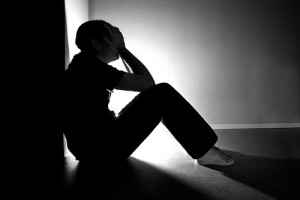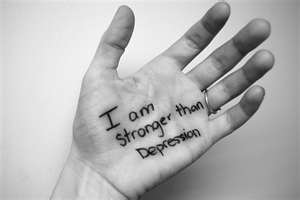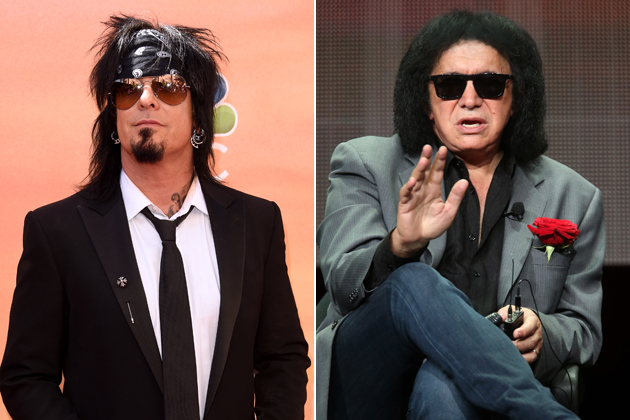The AP Stylebook, which I lived by as a journalist, recently added a new rule for reporters and editors dealing with the topic of suicide. It’s not a bad set of guidelines, but it’s inadequate.
Mood music:
The AP now advises the following:
Generally, AP does not cover suicides or suicide attempts, unless the person involved is a well-known figure or the circumstances are particularly unusual or publicly disruptive. Suicide stories, when written, should not go into detail on methods used. Avoid using committed suicide except in direct quotations from authorities. Alternate phrases include killed himself, took her own life or died by suicide.
The verb commit with suicide can imply a criminal act. Laws against suicide have been repealed in the United States and many other places.
Do not refer to an unsuccessful suicide attempt. Refer instead to an attempted suicide.
Medically assisted suicide is permitted in some states and countries. Advocacy groups call it death with dignity, but AP doesn’t use that phrase on its own. When referring to legislation whose name includes death with dignity or similar terms, just say the law allows the terminally ill to end their own lives unless the name itself of the legislation is at issue.
The language is all well and good, but it’s all about how to avoid libel and protect reputations of those affected. Important, for sure, but I believe we need to write about suicide in a way that captures what it truly is: the potentially fatal result of a ferocious disease. That disease is depression.
When someone dies of cancer and it’s deemed newsworthy, we say the person died of cancer. When writing about suicide, we should say they succumbed to depression.
That’s my personal opinion. I think saying it that way would further kill the stigma around suicide and raise public awareness of depression as a potentially deadly medical condition.




